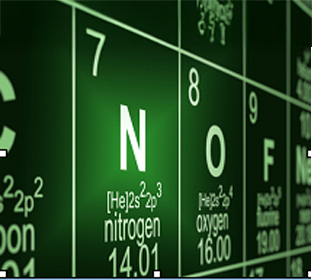

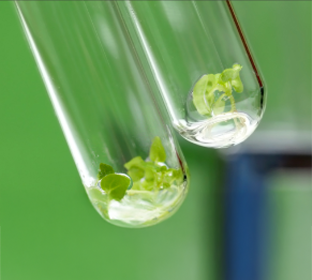
More environmentally friendly, more digital and more inclusive packaging solutions.

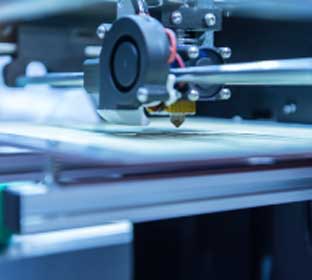
Infrastructure supporting innovation for the development of plastic components, prototyping and industrial design.
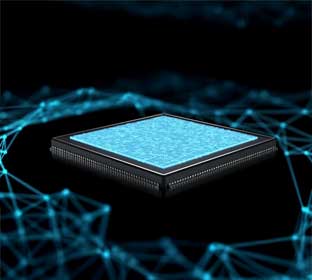
Production of sustainable and customisable spectacle frames using biomaterials, through additive manufacturing, integrated with a digital production management ecosystem in a network incorporating biometric sensors.

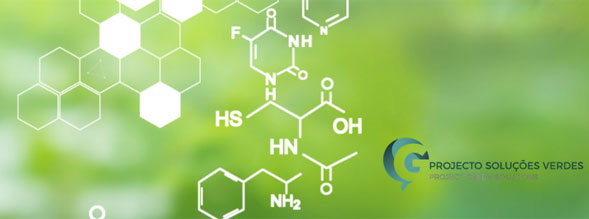
The project aims to create a company dedicated to the development and commercialisation of innovative and patentable products in the field of Green Chemistry, specifically targeting the optical industry, but also operating in various industrial areas, namely biotechnology, bioplastics and the environment. The main objective is to develop ‘green’ services/products, focusing on research and innovation in response to environmental challenges, promoting the circular economy and applying scientific research to the needs of businesses and society.
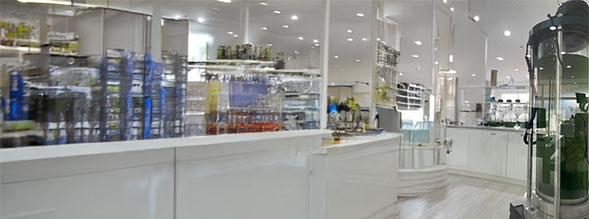
The NABIA (New Approach to Bioremediation using Algae) project, from the University of Coimbra, addresses the need to find a solution for the treatment of emerging pollutants, proposing the decontamination of wastewater using microalgae, based on biomass production and its economic valorisation. NABIA aims to study the production of value-added products that can attract investment and, consequently, accelerate the development of microalgae technology. This study reports on the feasibility and sustainability of the circular economy concept using a microalgae biorefinery. The ultimate goal of the NABIA project is to develop an integrated system using microalgae to decontaminate wastewater and drinking water, based on the concept of circular economy.
The company is dedicated to the development and commercialisation of innovative and patentable products in the field of Green Chemistry, especially aimed at the optical industry, but operating in various industrial areas, namely biotechnology, bioplastics and the environment.

An innovative project aimed at the global production and commercialisation of more environmentally friendly, more digital and more inclusive packaging solutions. Embalagem do Futuro® (Packaging of the Future) plans to create new products, services and production lines capable of producing sustainable packaging, from raw materials to product design, engineering, moulds and tools, processing and manufacturing, information systems and digital transition, social marketing, collection and recycling. Embalagem do Futuro® mobilises a total of 79 entities committed to transforming the Portuguese industrial fabric of the packaging sector.
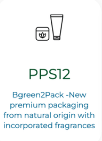
PTScience participates in the research and development activities of PPS12, whose scope of application is premium packaging for cosmetics produced with biopolymers and natural fragrances, using advanced injection techniques, with the integration of RFID technologies to guarantee product authenticity.
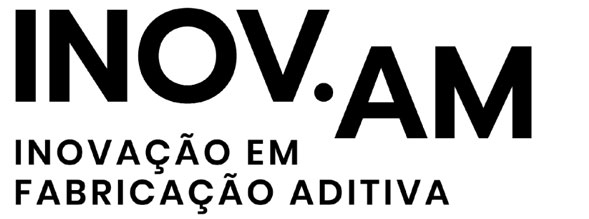
The INOV.AM Agenda aims to develop and disseminate technologies and materials for additive manufacturing, with a view to their application in a wide range of areas, enabling the production of customised products with high added value. The consortium involves 73 entities.
PTScience participates in four sub-projects:

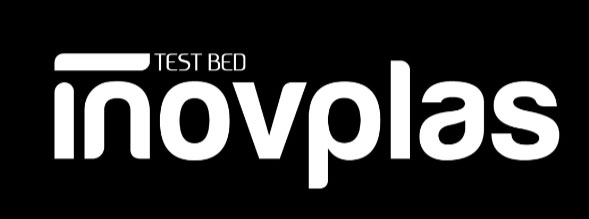
Infrastructure supporting innovation for the development of plastic components, prototyping and industrial design.
Collaborative network of companies for the experimental development, testing and validation of new technology-based products and processes in the field of innovation for the development of plastic components, prototyping and industrial design.

The optical industry needs to be in constant evolution, driven by the ever-increasing demand for personalized, sustainable, and innovative products. In this context, the project aims to strengthen the consortium’s position in various markets by offering advanced and efficient solutions for the sector, through a competitive and differentiating approach.